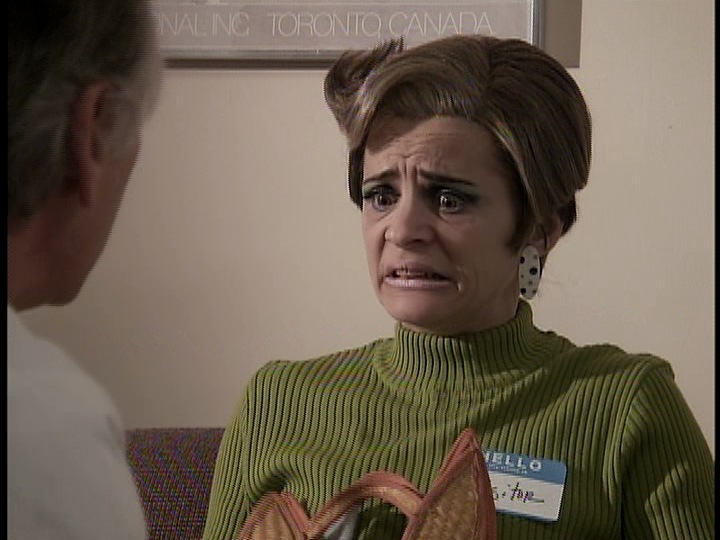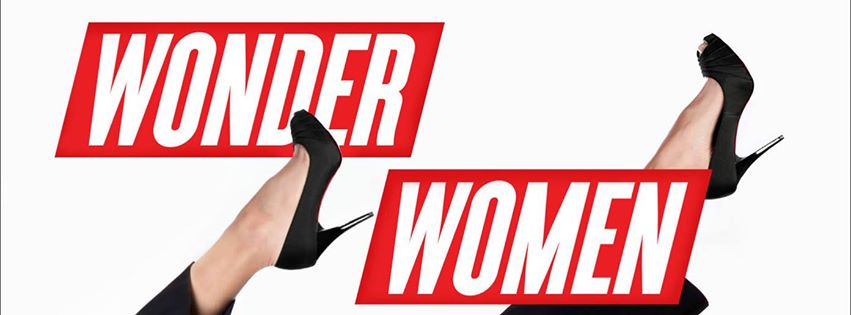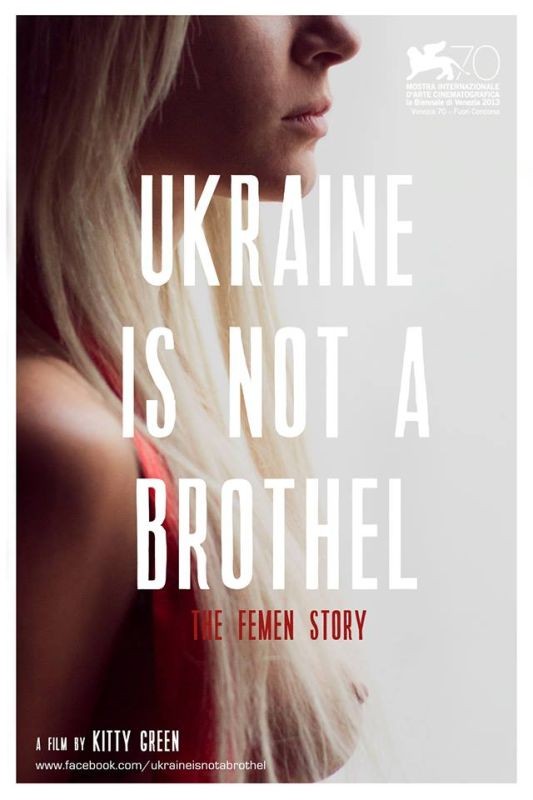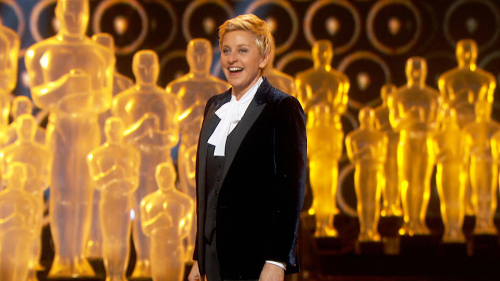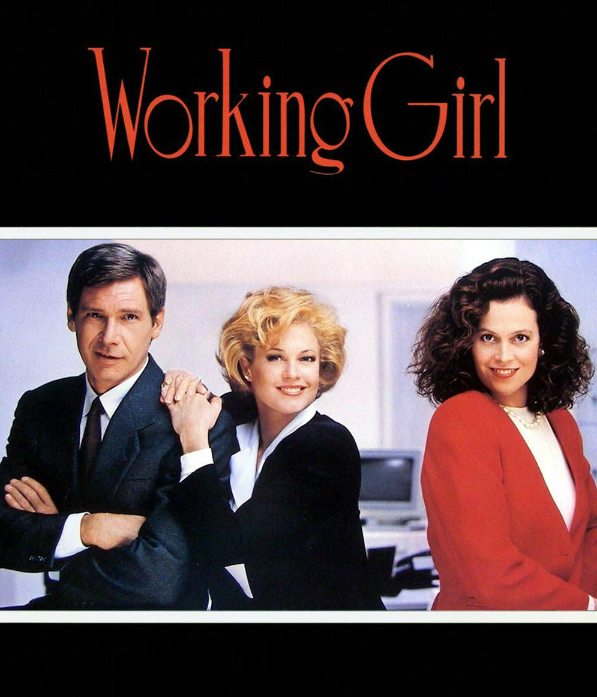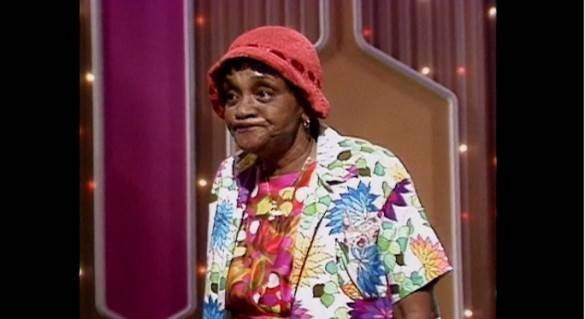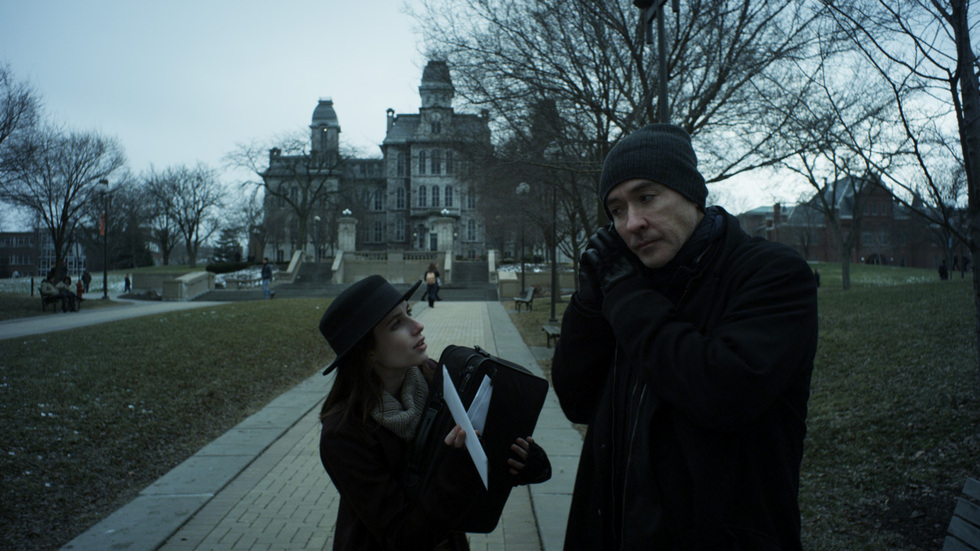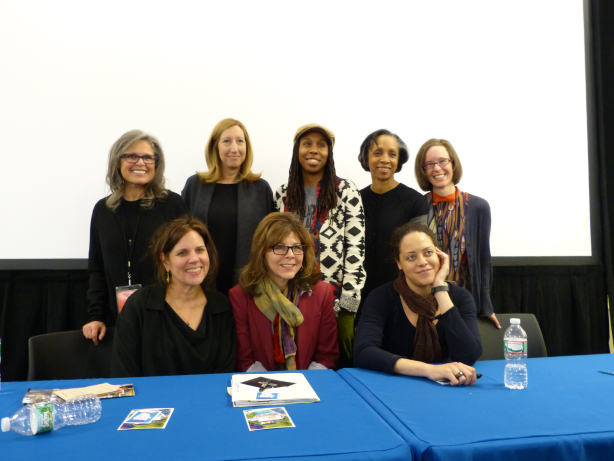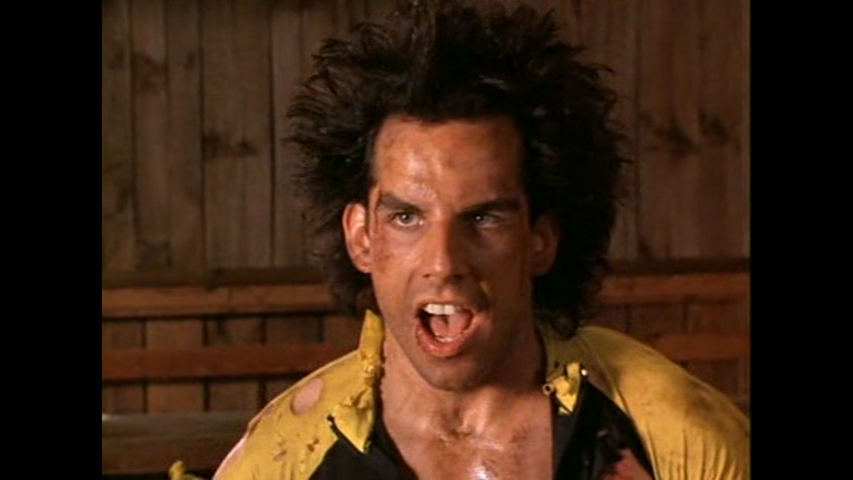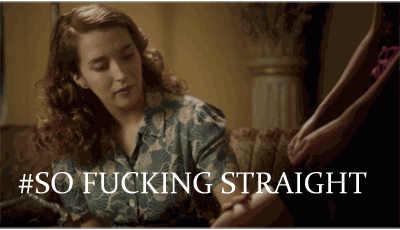“Yes, You Can’t!”: The Happy Failures of Jerri Blank
‘Strangers with Candy’ (Peter Lauer, et al., 1999-2000) is one of the most wildly subversive shows I’ve ever seen on television (most subversive shows are canceled before long–see ‘Wonder Showzen’ (Vernon Chatman and John Lee, 2005-2006, which features segments with David Cross), and it feels like I’ve waited a long time for an opportunity to rave about its hilarious characters and its clever writing. When this delightfully dark show aired on Comedy Central, I was old enough to understand that it appealed to a somewhat alternative audience, yet I was too young to fully comprehend or appreciate the satirical wit and unyielding sense of hopelessness the show conveyed to audiences. Jerri Blank (Amy Sedaris) tirelessly strives for the acceptance of her “peers” in high school, from the snooty cheerleaders and the lusted after jock to the kooky assortment of teachers, which includes Mr. Noblet, played by the wonderful Stephen Colbert, and Jerri’s ironically unsympathetic guidance counselor, Ms. Pines, played by the always funny Janeane Garofalo.
